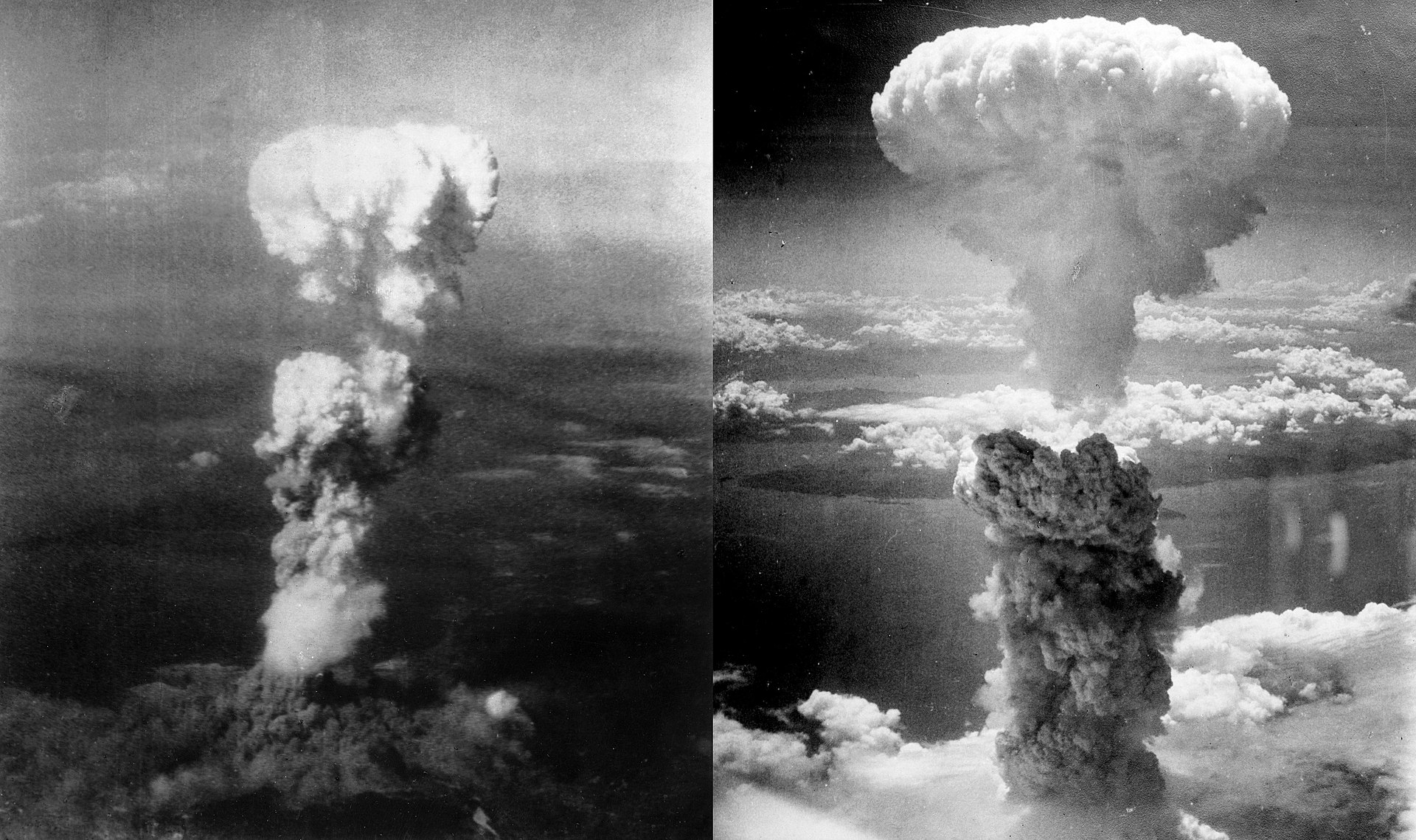On August 6, the world comes together to solemnly commemorate the Hiroshima Memorial Day. This day forever altered the course of history and stands as a painful reminder of the devastating power of nuclear weapons. It marks the anniversary of the tragic day in 1945 when the United States dropped an atomic bomb — crafted by J Robert Oppenheimer and his team of world-renowned scientists — on the city of Hiroshima, Japan, leading to the loss of thousands of lives and leaving behind a legacy of pain and suffering.

The survivors of the atomic bombing, known as hibakusha, are living testaments to the horrors of that fateful day. Their stories serve as a stark reminder of the catastrophic consequences of nuclear warfare, and they have dedicated their lives to ensuring that the world never forgets the immense human cost of such weapons. The number of Hibakusha dwindles as the years pass, but their testimonies remain powerful and profound.
For those who experienced the horrors of Hiroshima firsthand, August 6 is a day of remembrance and advocacy. Many survivors have taken it upon themselves to travel the world, sharing their stories and advocating for nuclear disarmament. They speak not only of the physical devastation they witnessed but also of the enduring emotional scars that have plagued them and their families for generations.
As the years pass and the last of the Hibakusha leave this world, the responsibility to carry forward their message falls on younger generations. The memory of Hiroshima must not fade but serve as a stark warning against the dangers of nuclear weapons. The survivors’ call for peace and unity is a timeless one, transcending borders and generations, and it is a call that we must all heed to ensure a safer and more peaceful world for the generations to come.
From Manipur to Gaza, the Indian Cultural Forum stands opposed to all violence. Today, as we commemorate the nuclear bombings in Japan, we look back and listen to our poets, artists, fellow citizens, against war and warmongering, and the hatred contrived by our “leaders” day after day.
War is an exile from heaven,
real state of exile from a notional one.
— Keki Daruwalla
2. They Saw No Longer the Battlefield
monkeys slaughtered their fellow monkeys then
rakshasas blindly struck down comrade rakshasas
and night devoured day as
day tore into night.
— Vivek Narayanan
Graveyards and rubble both impress the faintest hope upon
my soul, that if war can end life, surely peace can end war.
Only a question remains— When?
— Sobia Abdin
To leave no footprints
in the warm alluvium,
no Dolby echoes
to reverberate through prayer halls,
no epitaphs,
no saffron flags.
This was also a way
of keeping the faith.
— Arundhathi Subramaniam
Kill, there is no better way;
Have a grievance? Kill,
Tell the world how you feel.
If you don’t kill no one will listen;
The world is deaf
Unless it hears bombs and guns.
You are all kind souls,
Wouldn’t hurt a fly,
But you can kill people like flies.
You have no option,
The world gives you none,
Except kill.
— Manash Firaq Bhattacharjee
6. The Story of Another Mother
Based on Andersen’s ‘The Story of a Mother’
To hear your shot child gasp for breath,
Her cradle rocked by old man Death;
To wake into a world of roadblocks
Where time has nothing to do with clocks;
To go out into snow or sun
To watch them crouch and shoot and run;
To see Death enter through the door;
To know Death and then to know more;
To fear that all this is the sum
Of God and of Freedom.
— Tabish Khair
We die-in on streets in your New Yorks, your
Londons. Please, no more flaying on the beach.
Poetry’s perverse, here’s Maaz’s meagre ghazal,
“No children are left there!” weighing on the beach.
— Maaz Bin Bilal




